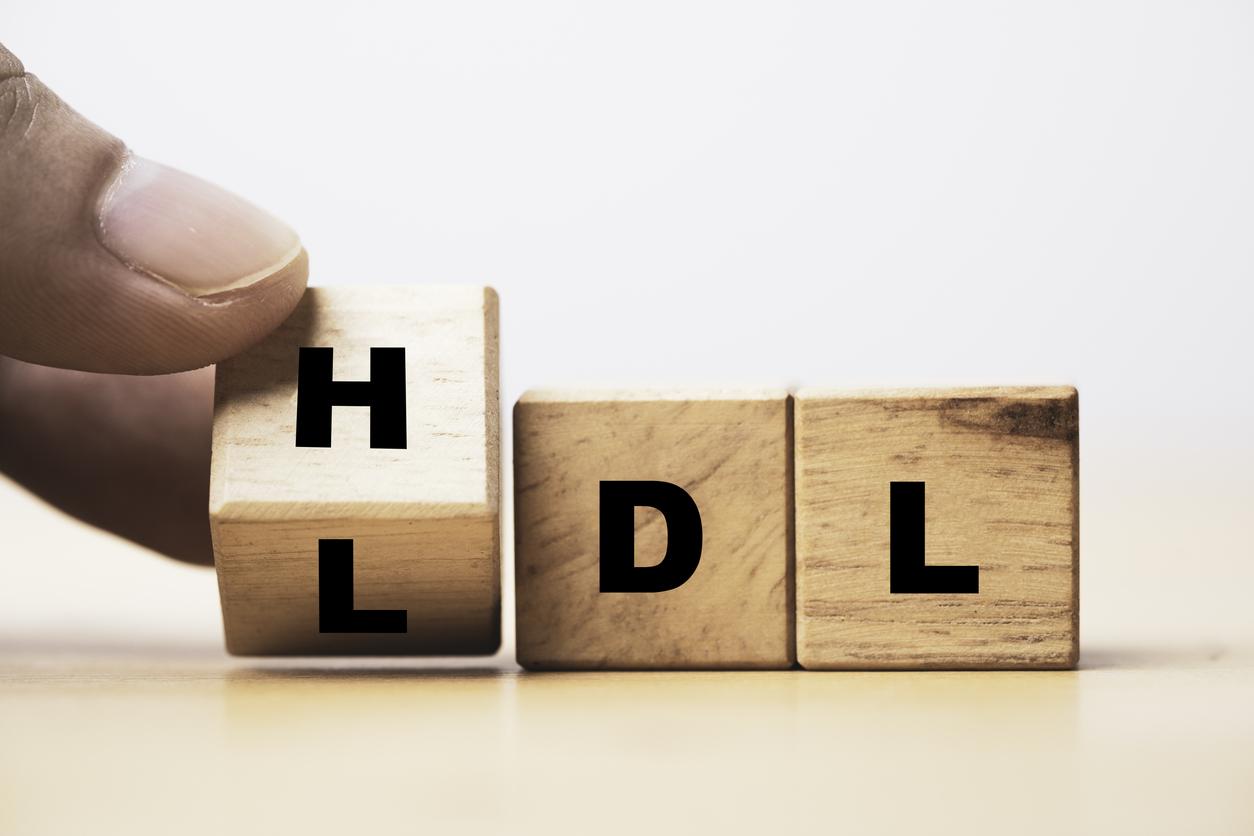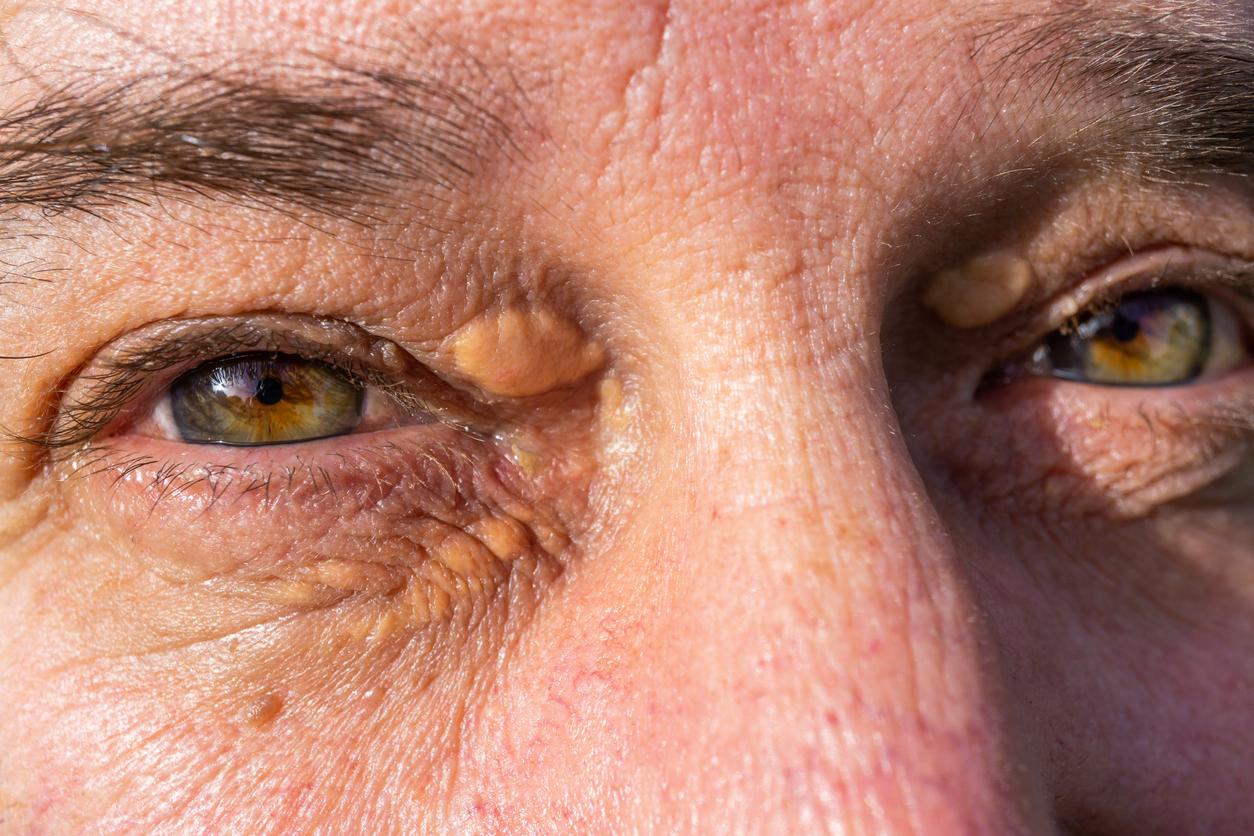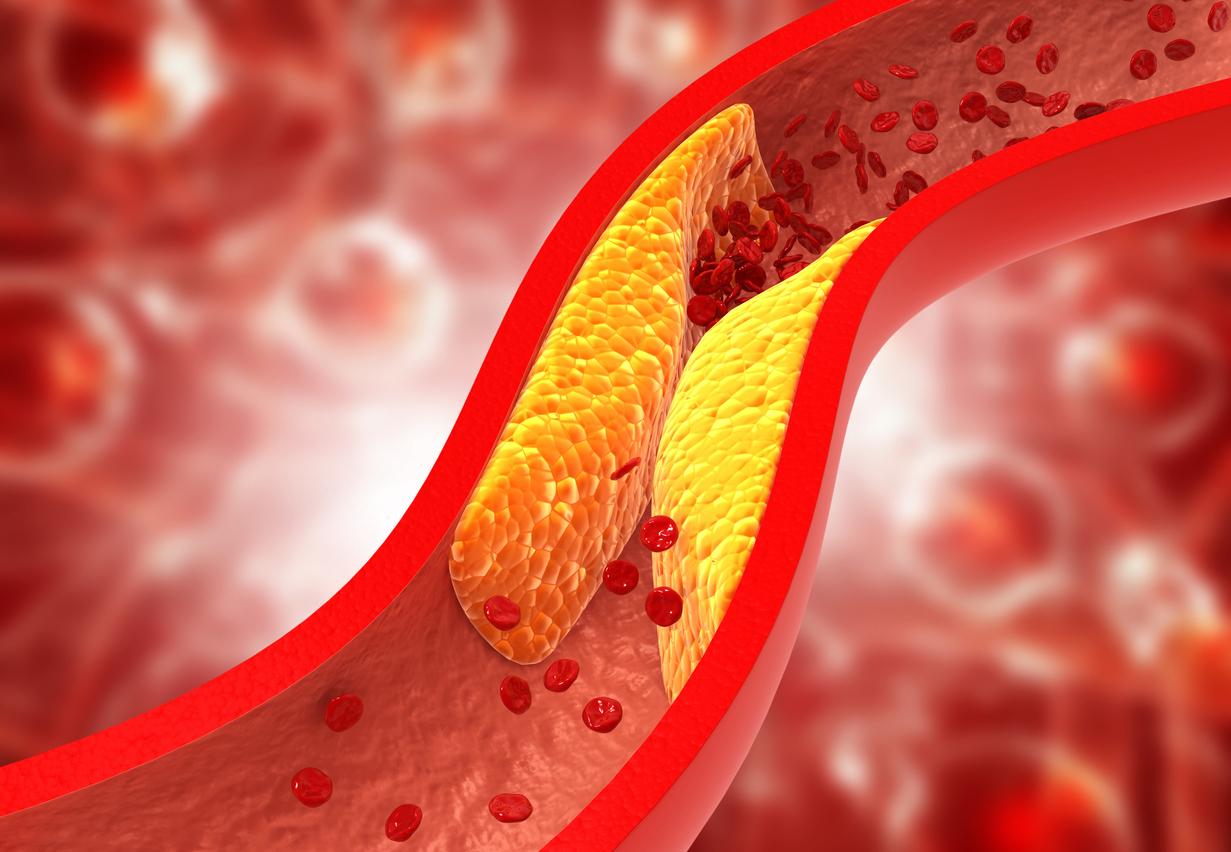
With moderately elevated cholesterol levels
Unfortunately, high cholesterol levels are all too common, resulting in an increased risk of cardiovascular disease. If lifestyle changes do not work, the doctor may decide to prescribe a cholesterol-lowering agent. Fibrates are the first choice for moderately elevated cholesterol levels.
A healthy lifestyle, with a varied diet is always the first choice to tackle an elevated cholesterol level. More exercise, less snacking, smoking cessation and moderate alcohol consumption, for example. But if none of that helps to balance the cholesterol ratio, your doctor may decide to prescribe fibrates (also known as bezafibrate, cipofibrate, or gemfibrozil).
Fibrates are mainly prescribed in people with moderately elevated cholesterol levels; a reduced HDL cholesterol level. Other cholesterol-lowering drugs that may be prescribed include:
- statins
- bile acid sequestrants
- nicotinic acid derivatives
- cholesterol absorption inhibitors
How do fibrates work?
Fibrates are mainly used when there is too much triglycerides in the blood. They inhibit the production of fat-rich particles containing cholesterol and triglycerides. Fibrates thus reduce the amount of fat in the blood, but also improve the ratio between the good cholesterol (HDL) and the bad cholesterol (LDL).
Effect of fibrates
Fibrates cause a rapid decrease in triglyceride levels (often up to 50 percent). In addition, the HDL cholesterol level rises by 20 to 30 percent. Furthermore, a slight decrease in LDL cholesterol levels is often seen. Sometimes there is a rise in LDL cholesterol levels, especially in people with highly elevated triglycerides. The composition of this LDL is more favorable (less aggressive).
Side Effects of Fibrates
The most common side effects of fibrates are gastrointestinal complaints such as diarrhea, nausea, abdominal pain, gas in the intestines and abdominal cramps. The risk of developing gallstones also increases with the use of fibrates. Fortunately, these side effects are rare.
Who should not fibrates?
People who suffer from severe kidney or liver disease or who have gallstones should not take fibrates. Too little is known about use during pregnancy and breastfeeding to be sure that it is safe. If you take blood thinners, it is wise to consult with your doctor.















